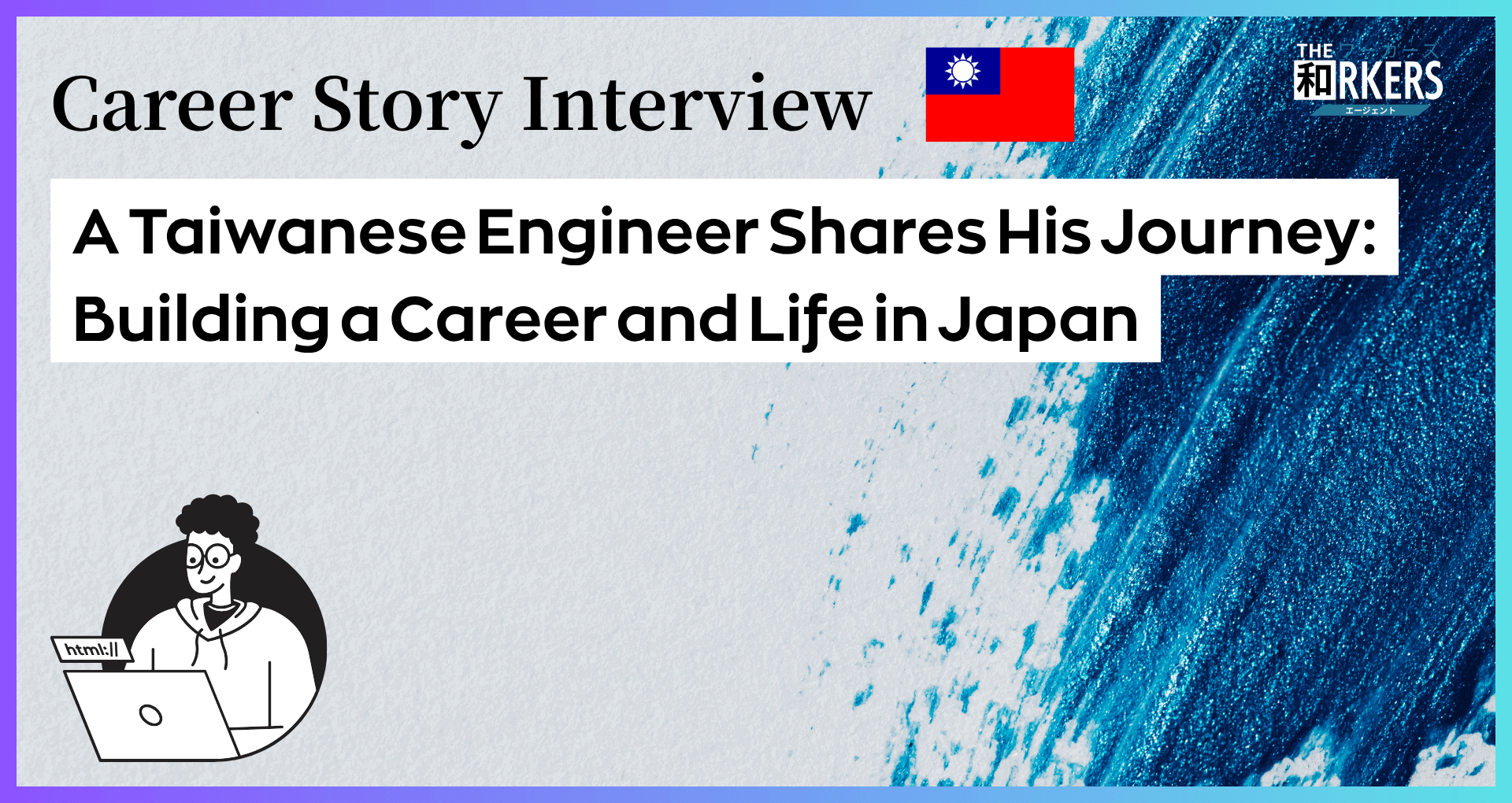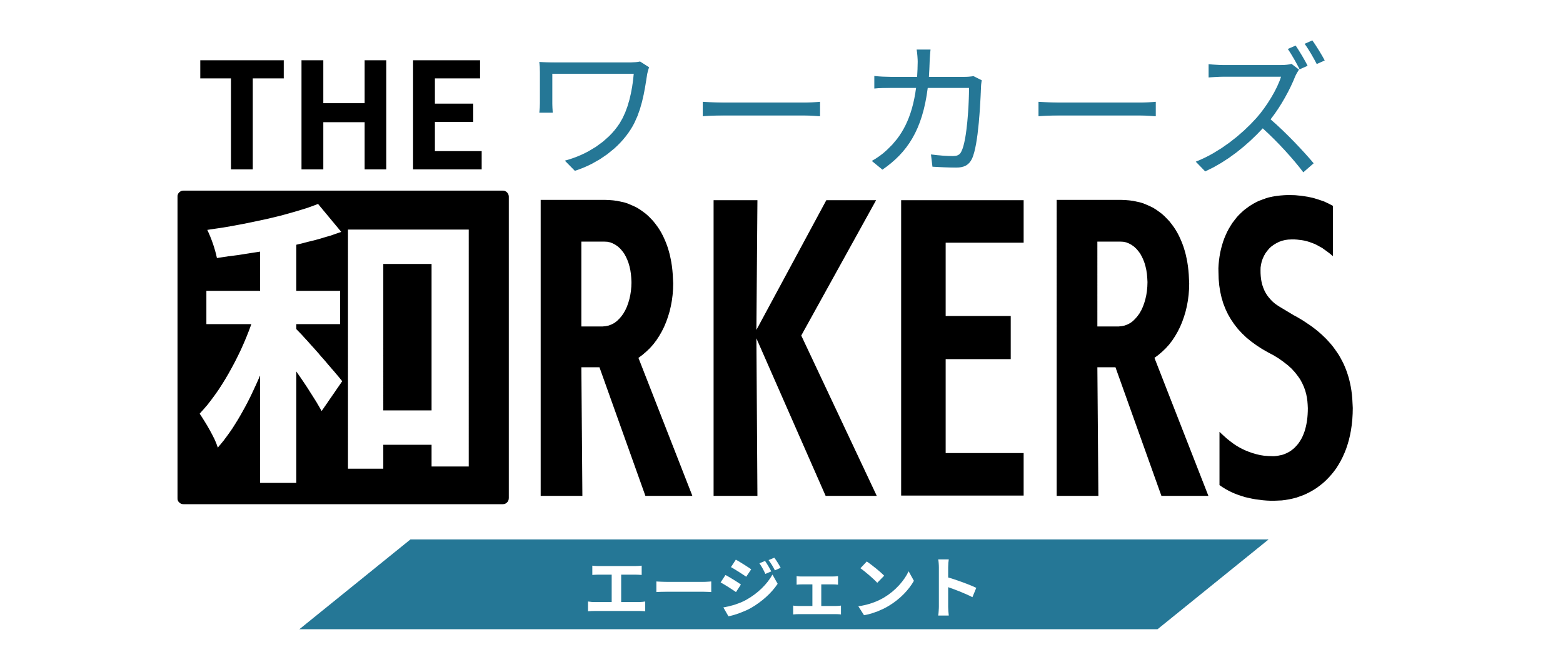A Taiwanese Engineer Shares His Journey: Building a Career and Life in Japan

Inspired by the Japanese video games he loved as a child, he made the leap from Taiwan to Japan. Since then, nearly eight years have passed since he began his career as an engineer in Japan. From working through staffing agencies to joining a product-focused startup, and later a major IT company, his journey has been filled with firsthand experiences of adapting to Japanese culture, navigating language differences, and collaborating with multinational teams. In this interview, he reflects on his professional path and shares insights into the opportunities and realities of working in Japan.
Interest in Japan and the Path to Moving Here
– Could you briefly introduce yourself?
I’m originally from Taiwan and have been living in Japan for about 7 to 8 years now. Before coming to Japan, I spent around five years working in security system development in Taiwan. After leaving that job, I decided to move to Japan.
Once I arrived, I studied Japanese for about a year at a language school in the Kansai region, and then started working in Tokyo. I began my career here as an engineer through a staffing agency, gaining experience for about 2 to 3 years.
After that, I joined a startup providing B2C services, where I worked as an engineer and later as a lead engineer for another 2 to 3 years. I then worked as an SRE engineer at a major IT company for one year before transitioning to my current role as an engineer at my present company.
– Were you always interested in Japan?
Yes, I was. I’ve been interested in Japan since I was a kid. I played Japanese video games growing up, and that naturally led to an interest in Japanese culture.
During university, I made some Taiwanese friends living in Japan through online Japanese games. One of them said, “Why don’t you come visit Japan sometime?” That suggestion led me to travel to Japan for the first time, and I remember thinking, “Wow, Japan is really nice.” That experience made me want to live here one day.
Later on, while I was working in Taiwan, a casual conversation with a friend—”Maybe we should try working in Japan?”—started to feel more serious. Eventually, I decided, “Okay, I’ll quit my job and go.”
– When did you start studying Japanese seriously?
I really started studying Japanese seriously after I moved to Japan. Before that, I had taken some classes at a language school in Taipei while working, but it was just basic-level learning.
– What did you study at university?
I majored in IT and studied both software and hardware. I learned various programming languages, including C, C++, Java, PHP, and JavaScript, gaining a broad technical foundation.
Starting a Career in Japan Through a Staffing Agency After Language School
– How did you find your first job with the staffing agency?
I was contacted on LinkedIn by a Chinese-speaking headhunter. They introduced me to several companies, and among them, I decided to join a staffing agency.
– Where were you dispatched after joining the staffing agency?
I was mainly dispatched to large SIer (System Integrator) companies. My responsibilities included in-house system development, system design, requirements definition, and programming.
– At the client site, did you mostly communicate in Japanese?
I used both Chinese and Japanese. Since I often worked with Chinese colleagues, there were quite a few interactions in Chinese as well.
– When you first started working in Japan, was there anything you found particularly challenging?
Yes, quite a few things. First of all, my Japanese skills were not yet strong, so I struggled not only with conversations but also with writing comments and documentation.
There were also many technical terms and abbreviations used in the workplace, which were difficult to understand at first.
On top of that, many English terms in Japan are pronounced in katakana-style Japanese, which threw me off. Even if I was familiar with a word in English, I often couldn’t recognize it when it was pronounced in Japanese.
So I started keeping a notebook, writing down the katakana words and their meanings in English. I made it a habit to learn a few each day.
Challenges and Growth at a Startup
– After working at the staffing agency for about 2 to 3 years, you changed jobs. How did you go about your job search at that time?
I was again contacted by a headhunter through LinkedIn. They introduced me to several companies, and I ended up choosing a B2C-focused startup.
– What made you choose that particular startup?
While working through the staffing agency, I was mainly involved in developing systems for client companies—not for a product of my own. Many of the projects were short-term, and I often didn’t have access to the core parts of the systems.
From that experience, I began to feel the desire to work in an environment where I could be more involved and take ownership—specifically in a company that develops its own products.
– What was the language environment like at the startup? Was there more Japanese being used?
Yes, initially everything was in Japanese. However, around the time I joined, the company was starting to shift its hiring policy to actively bring in more foreign engineers.
As a result, while Japanese was still the primary language at first, the amount of English communication gradually increased.
– What nationalities were represented in your team?
There were people from a variety of countries—Malaysia, India, Brazil, Poland, and more. The team became quite multicultural.
– You mentioned you worked as a lead engineer there. What were your responsibilities?
I was mainly in charge of development design, with a strong focus on requirements definition. I talked directly with team members to understand what kind of system was needed and coordinated with the analytics team to determine what data was required. Then, I finalized the requirements.
After that, I would design the system and delegate the implementation to the development team. When I had time, I also participated in programming myself.
– Did you personally want to be more hands-on with the development work?
Yes, to be honest, I really wanted to do more hands-on programming. But from the company’s perspective, they preferred that I focus more on the upstream processes like requirements definition and system design.
– In the end, you left that company. Was there a specific reason?
One reason was the chronic understaffing, which caused my workload to increase significantly, leading to a lot of overtime.
Also, since I was handling requirements definition, I had to communicate and coordinate with many people—from team members to analysts and other departments. Balancing all the different opinions, especially when different teams had varying perspectives on the product’s direction, became quite exhausting over time.
Working as an SRE at a Major IT Company
– You mentioned that you later joined a major IT company. Was that also through LinkedIn?
Yes, it was. I was contacted by a headhunter via LinkedIn. I don’t stick to one specific recruiter—I usually communicate with two or three at a time. I often receive messages like “Here’s a new job opening,” and if something seems like a good fit, I’ll follow up and start the conversation.
– What made you decide to join that major IT company?
To be honest, the initial motivation was the offer of a significant salary increase. I was also interested in the SRE (Site Reliability Engineering) position, and the technology stack the company was using seemed exciting. That made me think, “Why not give it a try?”
– Did you also have a desire to be more hands-on as an engineer at that point?
Yes, that’s what I had hoped. But after joining the company, I realized things were a bit different.
– In what way was it different from your expectations?
Even though I was in an SRE role, the work mainly involved setting technical direction rather than hands-on development. There were multiple development teams, each working in its own way, and our SRE team was tasked with unifying those approaches.
So our role was to design overarching technical guidelines and policies.
– So it turned out to be more of an “upstream” position than you had imagined.
Exactly. It was more about deciding on the overall system direction and formulating broader technical strategies.
Where I Am Now — and What’s Next
– I heard that you recently moved to a new company.
Yes, that’s right. A former manager I had worked with in the past reached out to me, and that led to the job change. The offer was favorable in terms of conditions, and I made the move with a positive mindset.
– As you’ve built your career in Japan, have you faced any challenges or things you’ve struggled with?
Yes, one thing I’ve constantly struggled with is whether I should focus my career on being a hands-on engineer or move toward management and upstream processes.
– What’s the key issue for you in that dilemma?
I’m an engineer at heart—I really enjoy writing code and being hands-on. But when I’m given upstream responsibilities like management or requirements definition, it naturally reduces the time I can spend coding. It’s hard to balance both.
– Do you currently have a clearer direction in mind?
To be honest, not yet. I plan to stay flexible and take on whatever role is needed depending on the situation. If a team is short on people, I’m prepared to do both development and management. That said, it’s obviously quite demanding to handle both, so at some point, I might need to lean more toward one side or the other.
– Lastly, do you have any message or advice for foreign nationals who are looking to build a career in Japan?
First of all, if you’re going to work in Japan, Japanese is very important. But at the same time, I think it’s just as important not to forget the value of English.
Especially as your career progresses and you start working on upstream or managerial tasks, you’ll find more and more situations where English communication becomes necessary.
Even while living in Japan, there are many opportunities to work with global teams or on international projects. That’s why I believe developing both Japanese and English skills in a balanced way is key to broadening your career opportunities.
Once you reach a certain level, it can be difficult to move to the next stage without strong English skills. So I strongly recommend being aware of that early on and working on it proactively.
\Software Engineers, IT Consultants, Data Scientists…/

Non-Japanese and aiming for a top-tier job in Japan?
Get in touch with THE 和RKERS Agent today.



Software Engineers,
IT Consultants,
Data Scientists…

Non-Japanese and aiming for a top-tier job in Japan?
Get in touch with THE 和RKERS Agent today.
